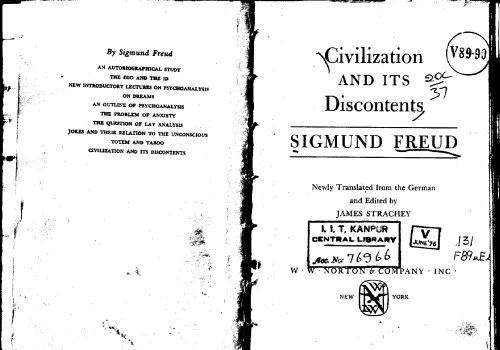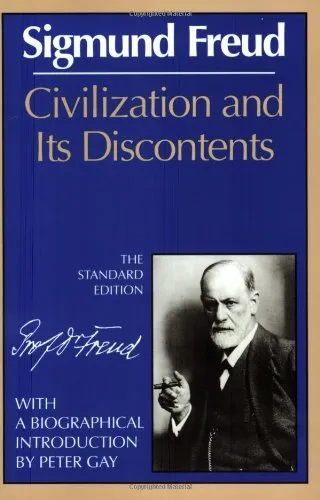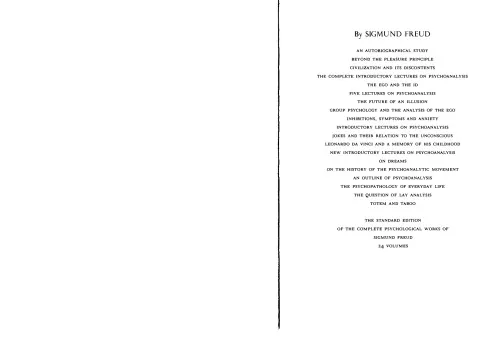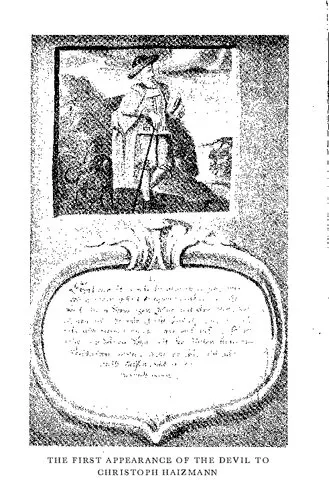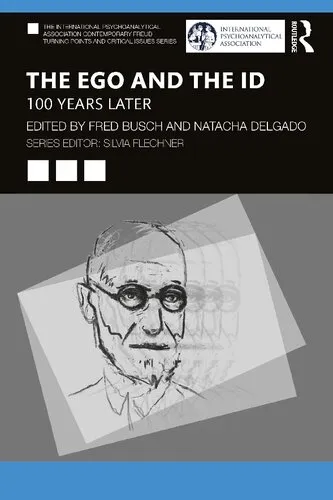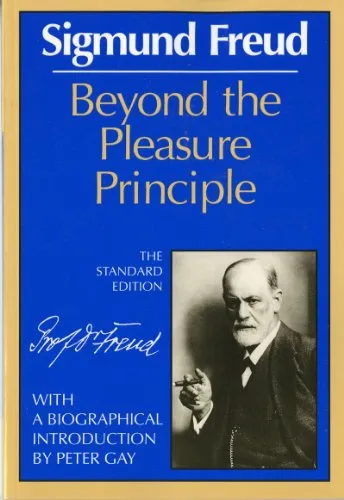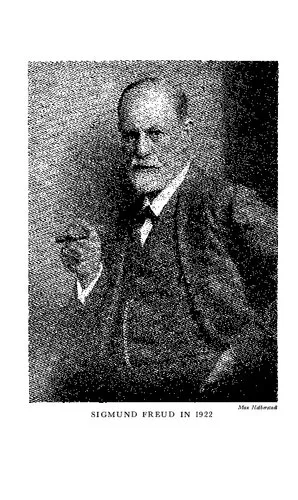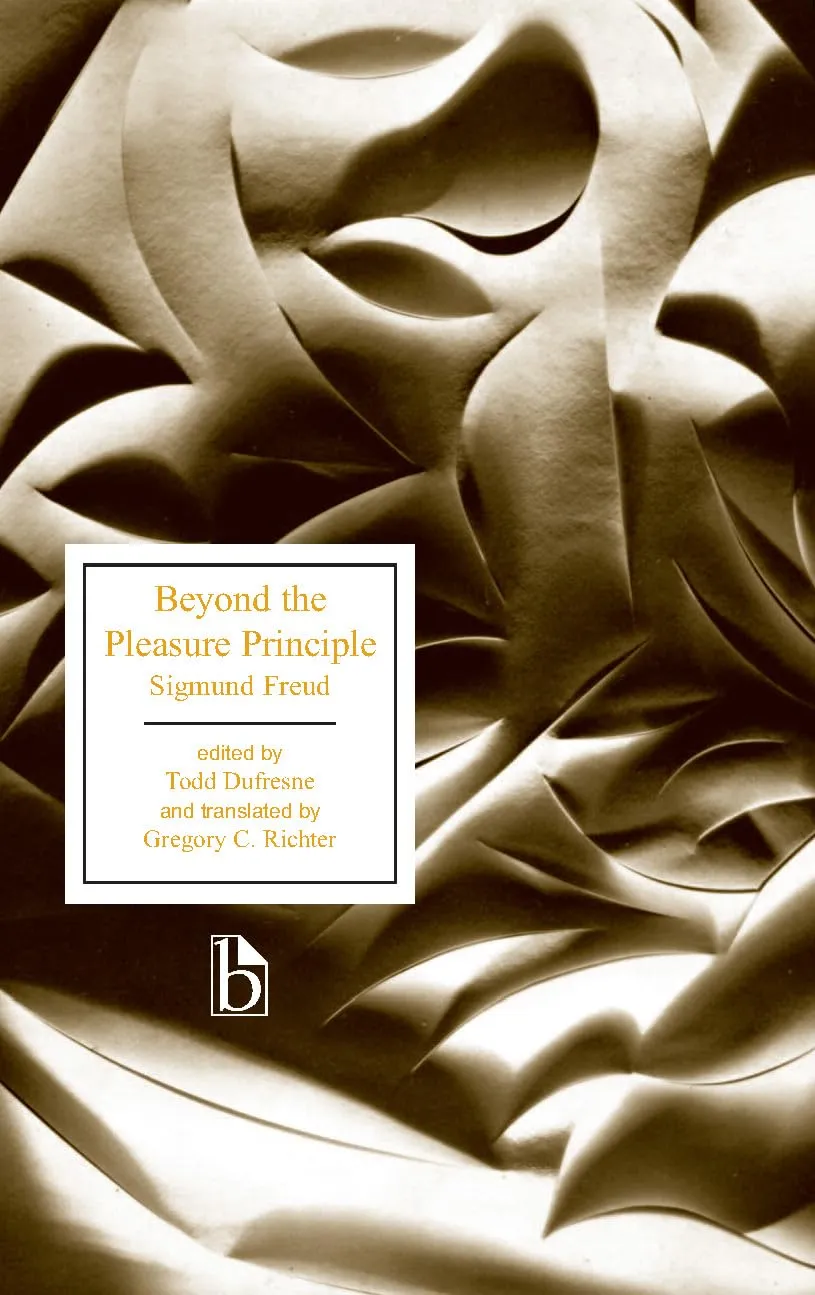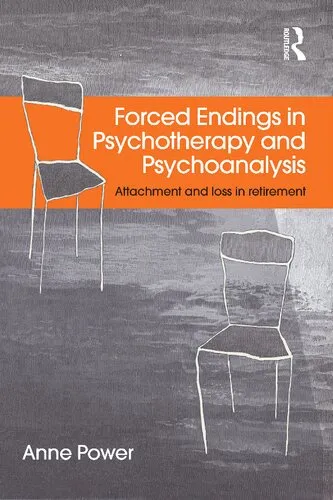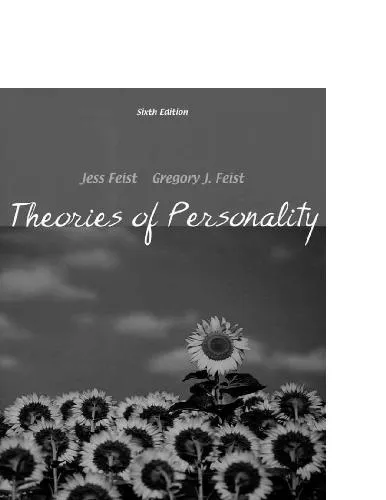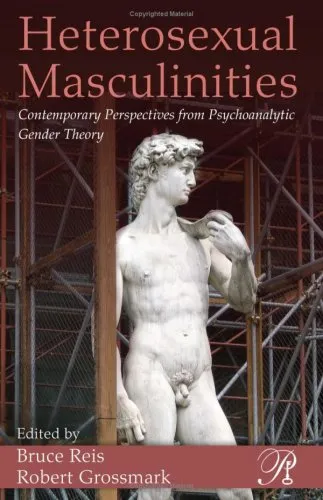Civilization and Its Discontents
4.6
Reviews from our users

You Can Ask your questions from this book's AI after Login
Each download or ask from book AI costs 2 points. To earn more free points, please visit the Points Guide Page and complete some valuable actions.Related Refrences:
Welcome to the intricacies of the human psyche and the monumental task of balancing individual desires with societal demands in Sigmund Freud's seminal work, "Civilization and Its Discontents." This book, published in 1930, delves deeply into the ongoing conflict between our quest for personal freedom and the constraints imposed by society in the pursuit of order and collective well-being. Freud, known as the father of psychoanalysis, provides a nuanced exploration of the driving forces of human behavior and the inevitable tensions that arise from our efforts to coexist.
Detailed Summary of the Book
In "Civilization and Its Discontents," Freud examines the fundamental tension between the individual's quest for freedom and society's need for order and conformity. Freud perceives civilization as a construct that imposes restrictions on individuals, curtailing their innate desires and instincts. He argues that this repression is necessary for the maintenance of social order, yet it results in a pervasive sense of frustration and discontent among individuals.
Freud explores the notion of the "oceanic feeling," a concept introduced by his friend Romain Rolland, representing a sensation of eternity and oneness with the universe. Although Freud does not personally subscribe to this feeling as a source of spirituality, he acknowledges its significance for those who experience it. He further elaborates on the role of religion as a societal construct that aims to provide solace from the restrictions imposed on individuals, yet often exacerbates the conflict between personal desires and societal expectations.
Throughout the book, Freud discusses the struggle between the pleasure principle and the reality principle, asserting that civilization demands individuals sacrifice personal happiness for the greater good. He suggests that human beings have an inherent aggressive instinct that civilization attempts to temper through cultural development and societal norms.
Key Takeaways
- Freud presents the idea that civilization is built upon the suppression of basic instincts, leading to a form of collective discontent.
- He highlights the intrinsic conflict between individual freedom and societal constraints, a theme that remains relevant in modern discussions of personal autonomy and cultural norms.
- Freud's exploration of the human psyche includes the recognition of aggressive instincts and mechanisms of defense that contribute to the complexity of interpersonal relationships.
- The text challenges readers to consider the psychological costs of societal advancements, questioning the ultimate balance between happiness and progress.
Famous Quotes from the Book
"The price we pay for our advance in civilization is a loss of happiness through the heightening of the sense of guilt."
"Most people do not really want freedom, because freedom involves responsibility, and most people are frightened of responsibility."
"One day, in retrospect, the years of struggle will strike you as the most beautiful."
Why This Book Matters
Freud's "Civilization and Its Discontents" remains a cornerstone in understanding the psychological underpinnings of modern civilization. Its exploration of the human condition in juxtaposition with cultural expectations offers profound insights into the enduring nature of societal discontent. As we continue to navigate the challenges of individual versus collective needs, Freud's work serves as a reminder of the inherent complexities in balancing personal desires with societal obligations.
This book has influenced not only the field of psychology but also philosophy, sociology, and cultural studies. It invites readers to critically evaluate the constructs of civilization and to ponder the costs associated with progress and societal harmony. Freud's analysis provides a framework for examining contemporary issues of freedom, responsibility, and the psychological toll of living in a highly organized society.
Free Direct Download
You Can Download this book after Login
Accessing books through legal platforms and public libraries not only supports the rights of authors and publishers but also contributes to the sustainability of reading culture. Before downloading, please take a moment to consider these options.
Find this book on other platforms:
WorldCat helps you find books in libraries worldwide.
See ratings, reviews, and discussions on Goodreads.
Find and buy rare or used books on AbeBooks.
1517
بازدید4.6
امتیاز0
نظر98%
رضایتReviews:
4.6
Based on 0 users review
Questions & Answers
Ask questions about this book or help others by answering
No questions yet. Be the first to ask!
